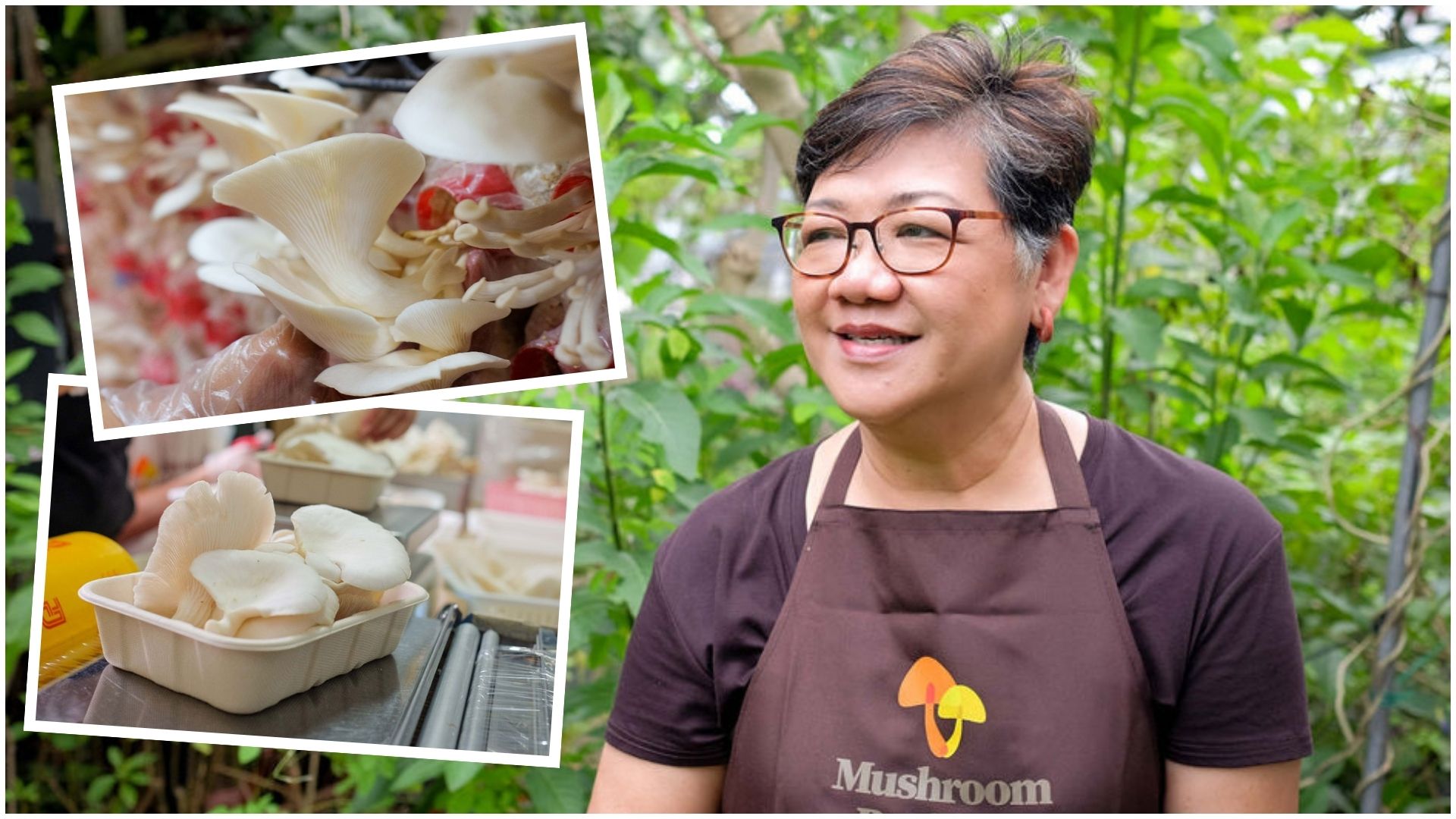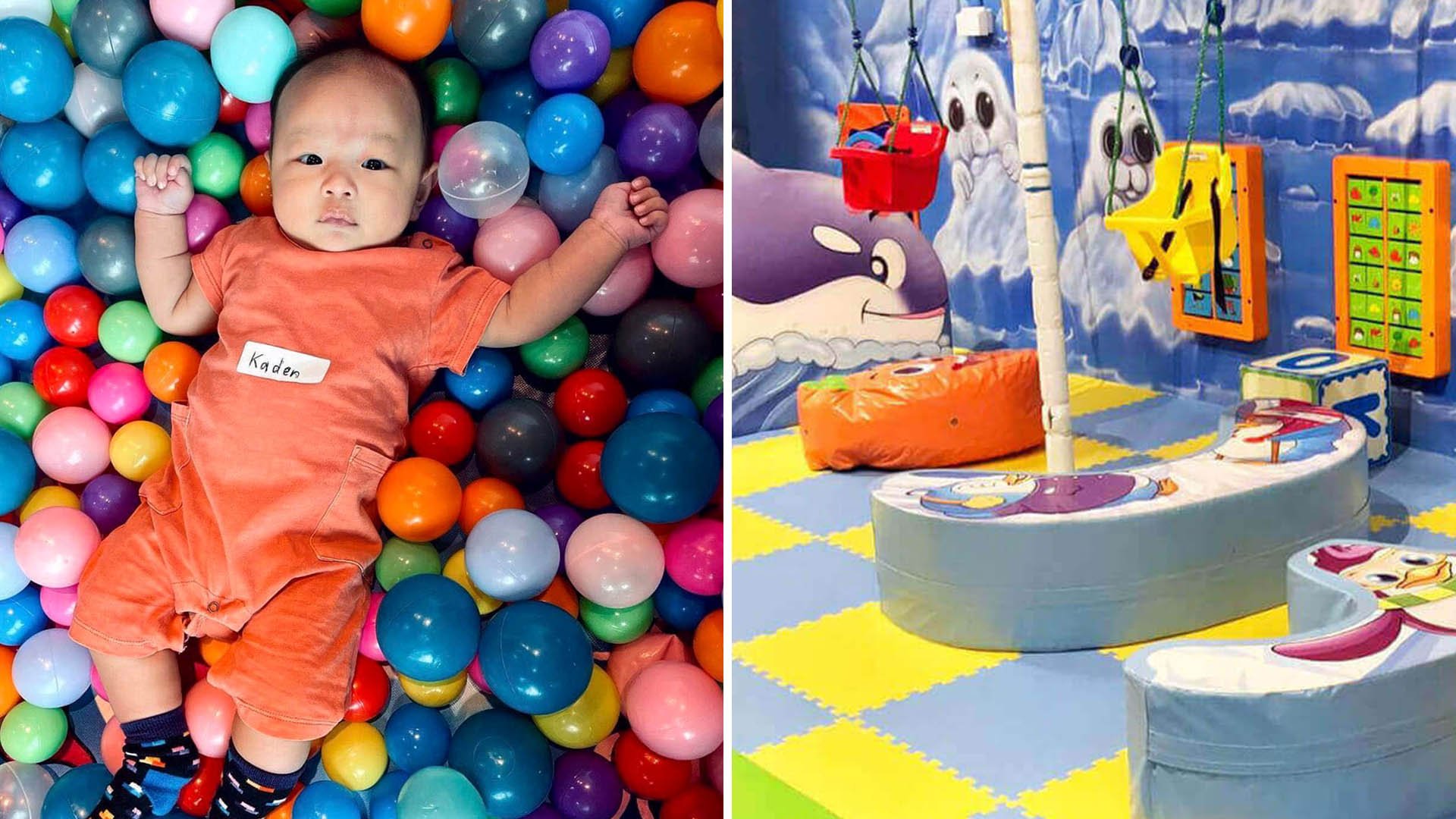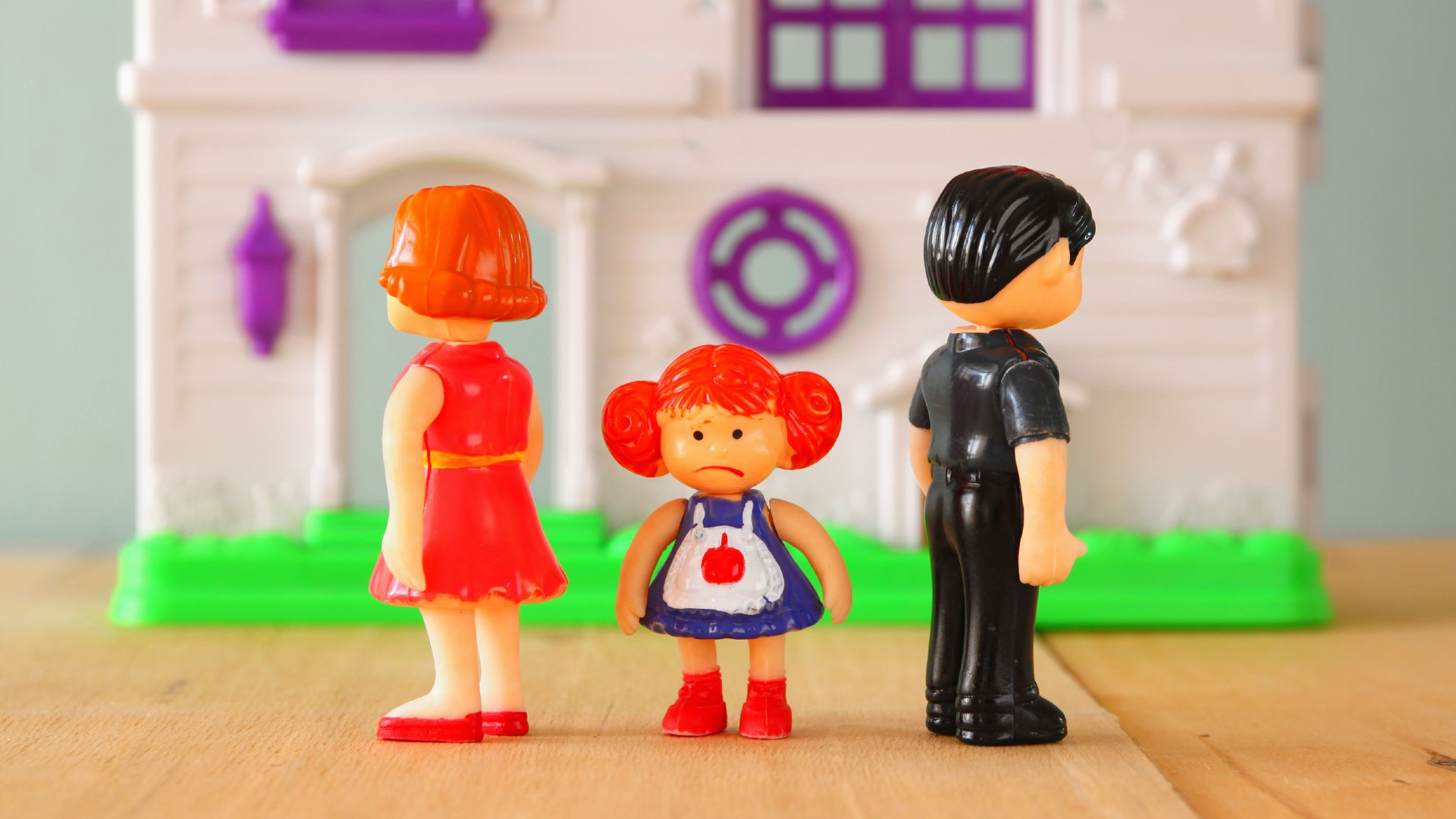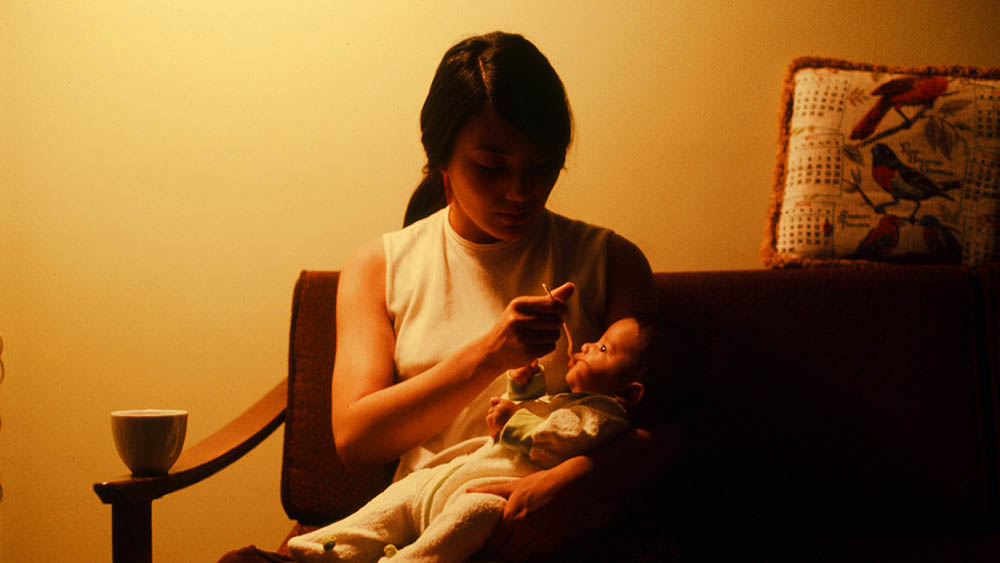5 Ways To Prepare Children For Divorce
Divorce is never a pleasant topic to talk about with children, but it is imperative for parents to assure children that they are not to be blamed for the breakdown of the marriage, or that one parent loves them any less than the other. Sad is it may be, proactively and effectively preparing children for divorce can help reduce the trauma it can cause.
1. Remember you are still a parent despite the divorce
Even if your relationship with your spouse has broken down, you both still have to be mature enough to co-parent affectionately without drawing the children into the battle. If having a heated argument seems inevitable, have the conversation out of earshot and sight of children, as aggressive parental conflict can seriously traumatise a child. Children often pick up on adult vibes a lot faster than we give them credit for and should never be used as message bearers or go-betweens, and never ask children to pick their favourite parent.
2. Assure them it’s not their fault
When a child is calmly told by both parents in a quiet manner about the impending divorce, the critical message children should understand that the divorce isn’t their fault and that they didn’t do anything wrong. While they don’t need to be told all the details that led to the divorce, being honest with children is always the best policy. Always try to re-instate that even when one parent eventually moves out, they will still be a family and love the children.

3. Prioritise the children
Yes you’re getting a divorce, and yes, there are several things to take care of, such as the financial implications, alimony and splitting all the assets in half. But don’t neglect the behaviour of your children in the process, especially if you have told them about the divorce. Children handle stress in different ways. Toddlers might go back to bed-wetting and having nightmares; teenagers might start shutting you out and becoming very moody; while preteens might want to stay away from home as much as possible too and hide in their rooms instead. It is key to give children consistent care and love so that they feel anchored by the stability and regular schedule of home and keep feeling reassured that they are still loved as much as before.
4. Consider counselling advice
Older teenagers may find it hard to open up to parents and acknowledge their feelings. Consider getting professional help from a counsellor or therapist if your child agrees to it, so that he / she can vent their feelings in private and be helped through this emotionally demanding process properly.
5. Things will work out in the end
While it may seem impossible at the moment to think that everything will be ok later, that’s exactly what children need to hear. Reinforce the fact that life is all about handling change and that sometimes people change and relationships just run their course. Always keep communication lines open and encourage children to talk to you at any time about anything they need to.
For the latest updates on Wonderwall.sg, be sure to follow us on TikTok, Telegram, Instagram, and Facebook. If you have a story idea for us, email us at [email protected].










